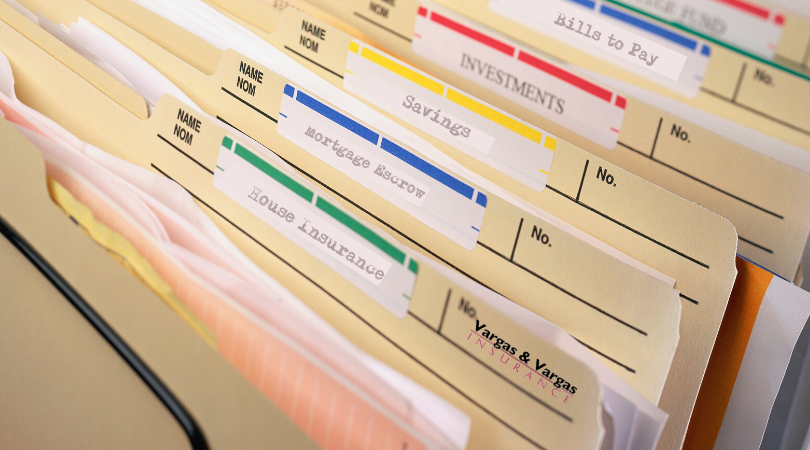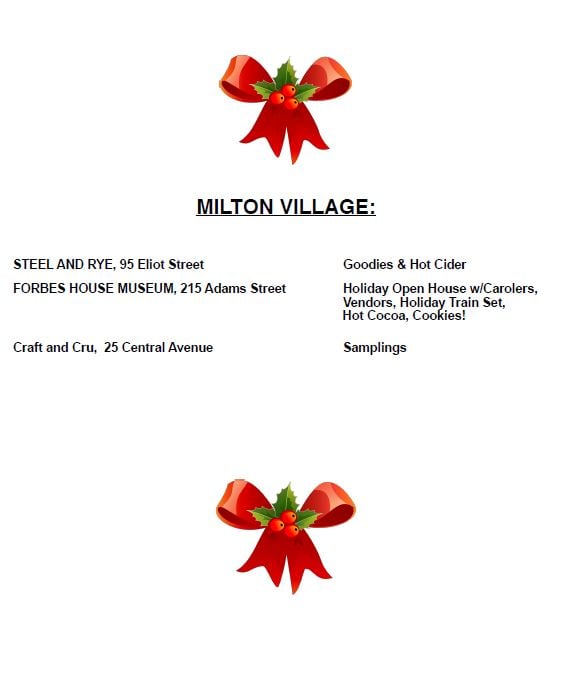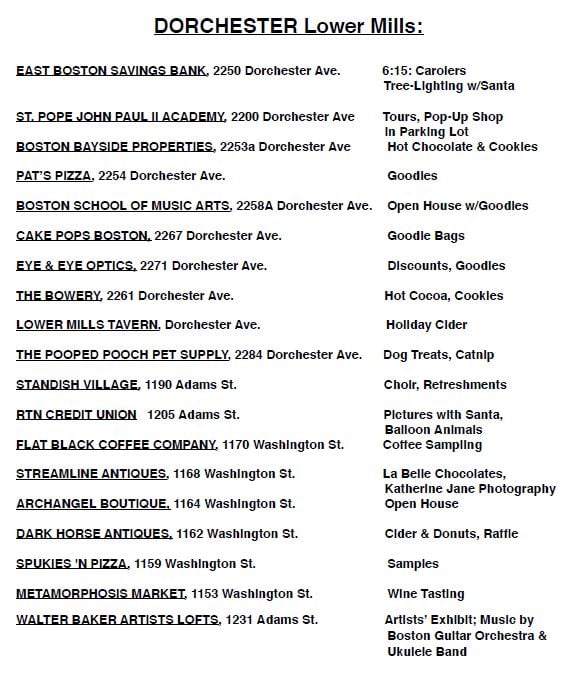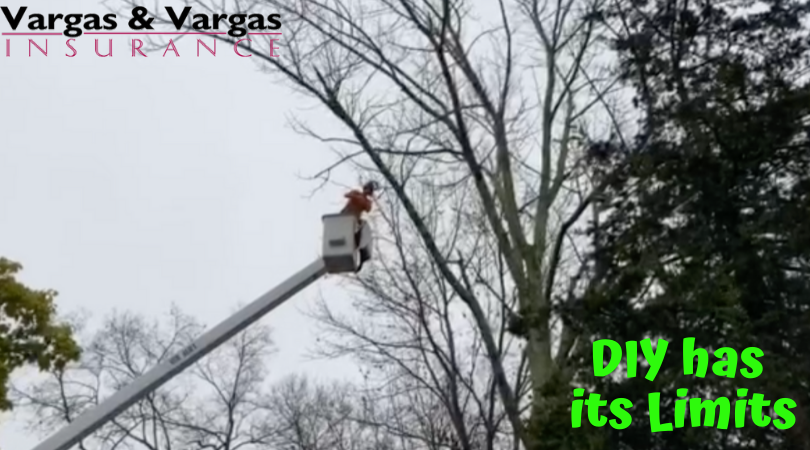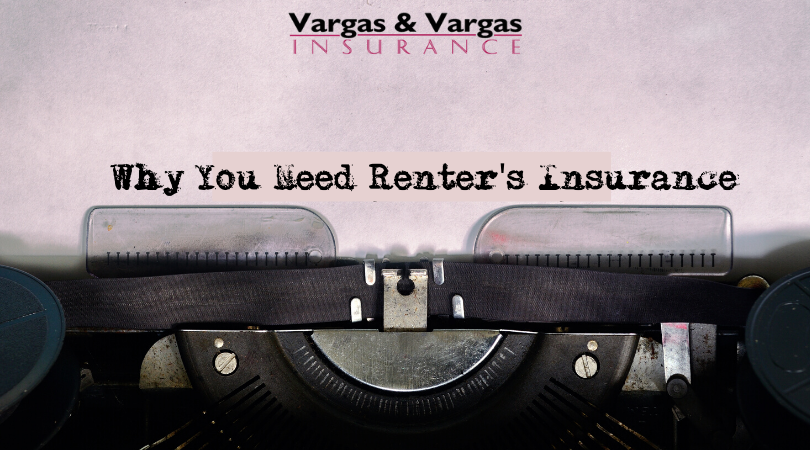Keep Your Homeowner Policy Safe
Dangers are abound in even the simplest of repair situations, so steer clear of the contractor’s work zone.
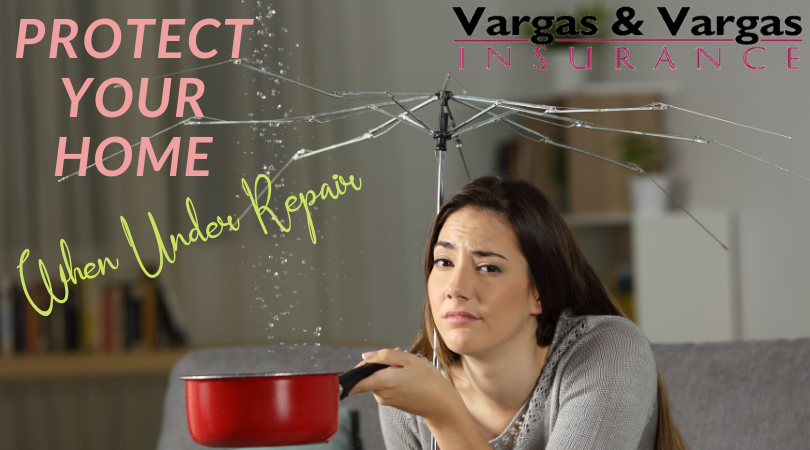
When you hire the right contractor to do repairs or renovations or maintenance at your home, you want to maintain a respectful distance from their work area.
The contractor has been trained and, through long experience, knows how to maintain a safe work zone for themselves. When you intrude across the boundaries of that zone, you introduce an unexpected variable in the contractors work process.
And that is when it can get messy. Be prudent when you’re hiring a contractor. How?
Request evidence of insurance.
Speaking of safety and experience, don’t forget to collect the necessary certificates of insurance from your contractors. If anything happens on your property, you don’t want to give anyone any reason to abnegate responsibility to seek remedy for their injuries under YOUR homeowners insurance policy.
Yes, you read that right.
If your state doesn’t require Workers Compensation coverage, the Homeowners policy could apply to cover lawsuits filed by an injured worker or to pay for medical expenses incurred if they don’t file a lawsuit.
While the work area may appear to you to be perfectly safe, it is after all, your house and you know your house better than anyone, you still cannot anticipate hazards known all too well to the contractor through their possible training and experience.
Respect the contractors’ work zone and, if you have a coffee or other tasty treats to share, let the contractor know where you’ve placed it easily accessible in your kitchen. Then the contractor can enter the work zone and you can be comfortable the premises are safe.
Please schedule a call with us to discuss the very complicated process of your homeowners policy being exposed compared to the contractors’ workers compensation policy.
You want to ensure that your homeowners policy is updated and accurate to protect you in the event hired workers do not provide proof of insurance.


